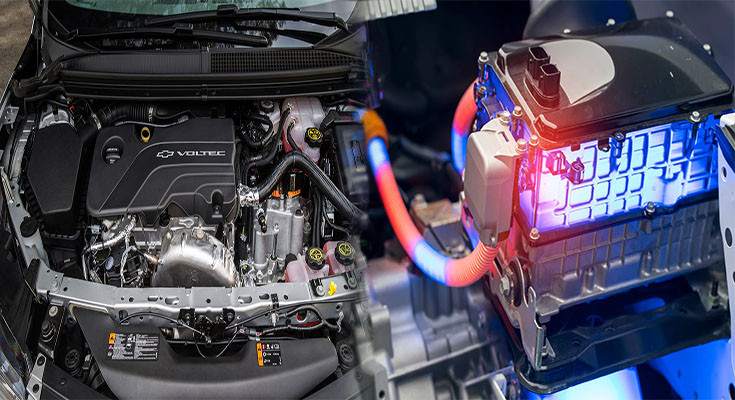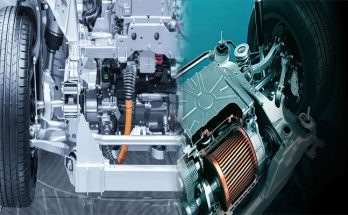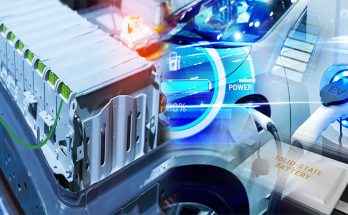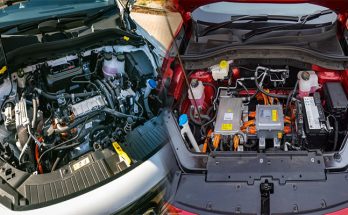As the world shifts towards a more sustainable future, electric cars are becoming increasingly popular. Central to the performance and range capabilities of these vehicles is the energy density of their batteries. Energy density refers to how much energy a battery can store per unit of weight or volume. In this article, we will explore the concept of energy density and its significance in the development of next-generation electric car batteries.
What is Energy Density?
Energy density is a critical factor in electric car batteries as it determines their overall efficiency and range. It is measured in watt-hours per kilogram (Wh/kg) for weight-based energy density, or watt-hours per liter (Wh/L) for volume-based energy density. A higher energy density means the battery can store more energy, enabling the electric car to cover a greater distance on a single charge.
The Importance of High Energy Density
High energy density batteries are crucial for several reasons:
- Extended Range: A higher energy density allows electric cars to cover longer distances without the need for frequent recharging. This is particularly significant for overcoming range anxiety – the fear of running out of battery power before reaching a charging station.
- Reduced Weight: Higher energy density batteries can store more energy in a smaller space, resulting in a lighter overall battery pack. This reduction in weight improves the car’s efficiency and performance while also increasing cargo capacity for a more versatile driving experience.
- Cost-Effective: By increasing energy density, automakers can reduce the number of battery cells required for a given range, thereby decreasing manufacturing costs. This cost-effectiveness is crucial for making electric cars more affordable and accessible to a broader range of consumers.
- Faster Charging: Batteries with high energy density can charge faster due to their ability to accommodate more energy in a limited amount of time. This reduces charging time and increases convenience for electric vehicle owners.
Advances in Energy Density
The development of next-generation electric car batteries focuses on improving energy density. Here are some promising advancements:
- Lithium-Ion Batteries: Lithium-ion batteries, widely used in electric cars today, continue to improve with higher energy densities. Innovations in electrode materials like nickel manganese cobalt oxide (NMC) and lithium iron phosphate (LiFePO4) have significantly contributed to this improvement.
- Solid-State Batteries: Solid-state batteries utilize solid electrolytes instead of liquid ones, offering potential for significantly higher energy densities. They are also safer and have a longer lifespan. Researchers worldwide are actively working on overcoming the technical challenges to bring solid-state batteries to the mass market.
- Lithium-Sulfur Batteries: Lithium-sulfur batteries have the potential to achieve energy densities far beyond what lithium-ion batteries can offer. This technology has gained attention due to its lower cost, abundance of materials, and higher theoretical energy density. However, commercialization is still challenging, as sulfur electrodes tend to degrade over multiple charge-discharge cycles.
- Advanced Materials: Scientists are continually exploring new materials and nanostructures to improve energy density. This includes silicon anodes, solid electrolytes, and high-capacity cathodes. By optimizing these materials, higher energy densities can be achieved, revolutionizing electric car battery technology.
As the demand for electric vehicles continues to rise, the energy density of their batteries plays a critical role in determining their success. Higher energy density leads to extended range, reduced weight, cost-effectiveness, and faster charging. With ongoing advancements in lithium-ion batteries, the emergence of solid-state batteries, and the potential of lithium-sulfur batteries, the future of electric car batteries looks promising. Harnessing the potential of these technologies will help pave the way for more efficient, sustainable transportation and a cleaner planet.





